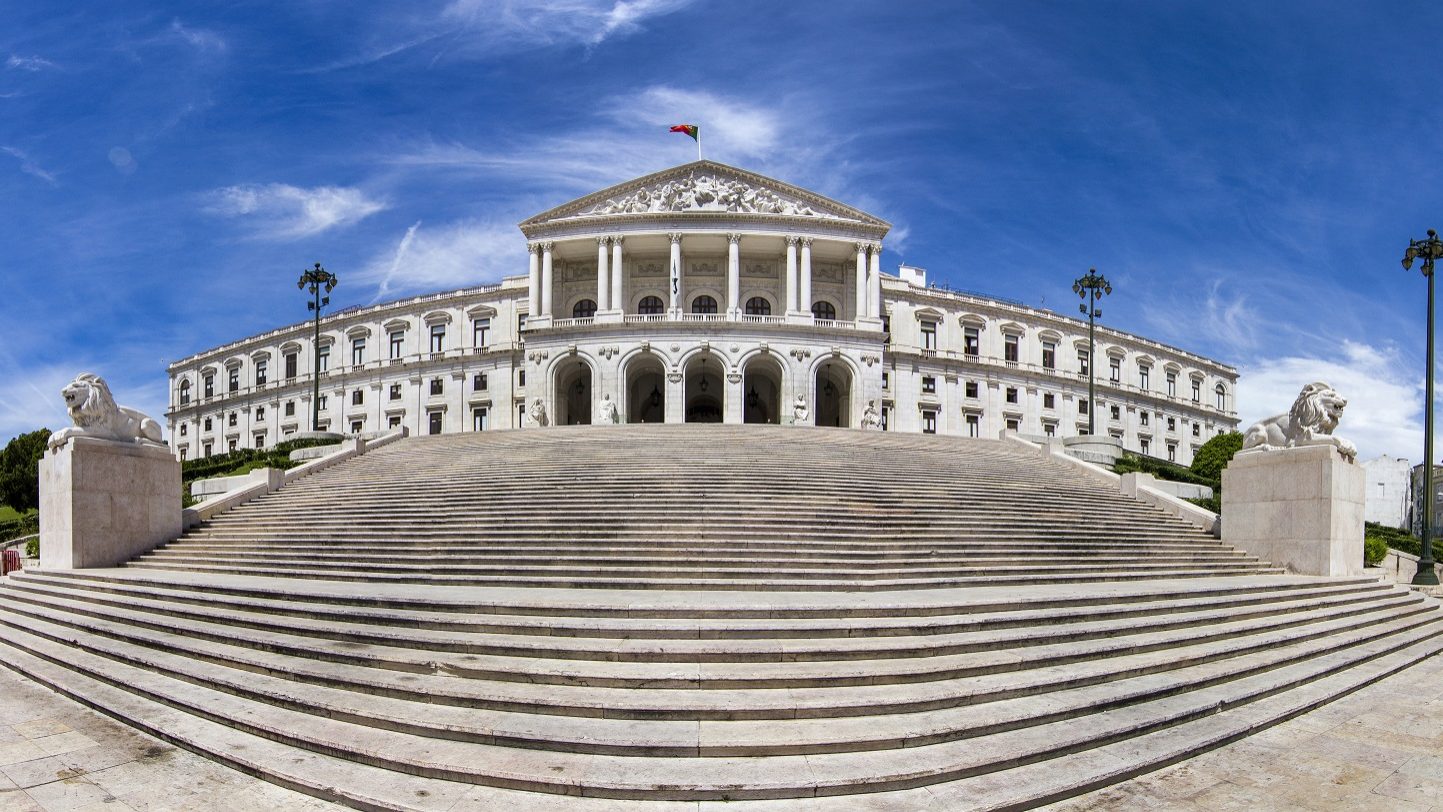Marathon budget process ends after record number of amendments blocked
The day is to start with the discussion and voting on the rules put forward by the parties.
The marathon process of approval for Portugal’s 2023 state budget ends on Friday with the final reading and vote in parliament, after four days in which a record number of proposed amendments were debated, and with approval of the final text guaranteed thanks to the government Socialist Party (PS) majority in the single chamber.
Before the final vote, all parties with seats in parliament and the government itself will have the opportunity to speak in the closing debate, with the minister of infrastructure and housing, Pedro Nuno Santos, speaking on behalf of the executive, according to information provided to Lusa by a government source.
The day is to start with the discussion and voting on the rules put forward by the parties.
The budgetary process began on 10 October with the government tabling the budget bill, which was approved on its first reading only by the PS, with the abstention of the sole members of People-Animals-Nature (PAN) and Livre, with the remaining parties voting against.
This year the parties have broken the record for the number of amendments tabled; since Monday over 1,800 have been voted on, with the vast majority of the measures suggested by the opposition being voted down by the PS.
The ‘champions’ in terms of measures passed were Livre and PAN – together they got around 50 through, having been the only parties that maintained negotiations with the government.
The set of amendments will have a minor budgetary impact, contrary to what happened during the previous two parliaments, when the PS lacked a majority an was forced to rely on partners on the left to push through its budgets.
The opposition parties criticised what they called the “steamroller” PS majority, arguing that, by rejecting most of the opposition’s contributions, the chance was lost to achieve a better budget than the initial version.
This idea was rejected by the executive, which reiterated its openness to negotiation and recalled the measures that its members has been voting for.


